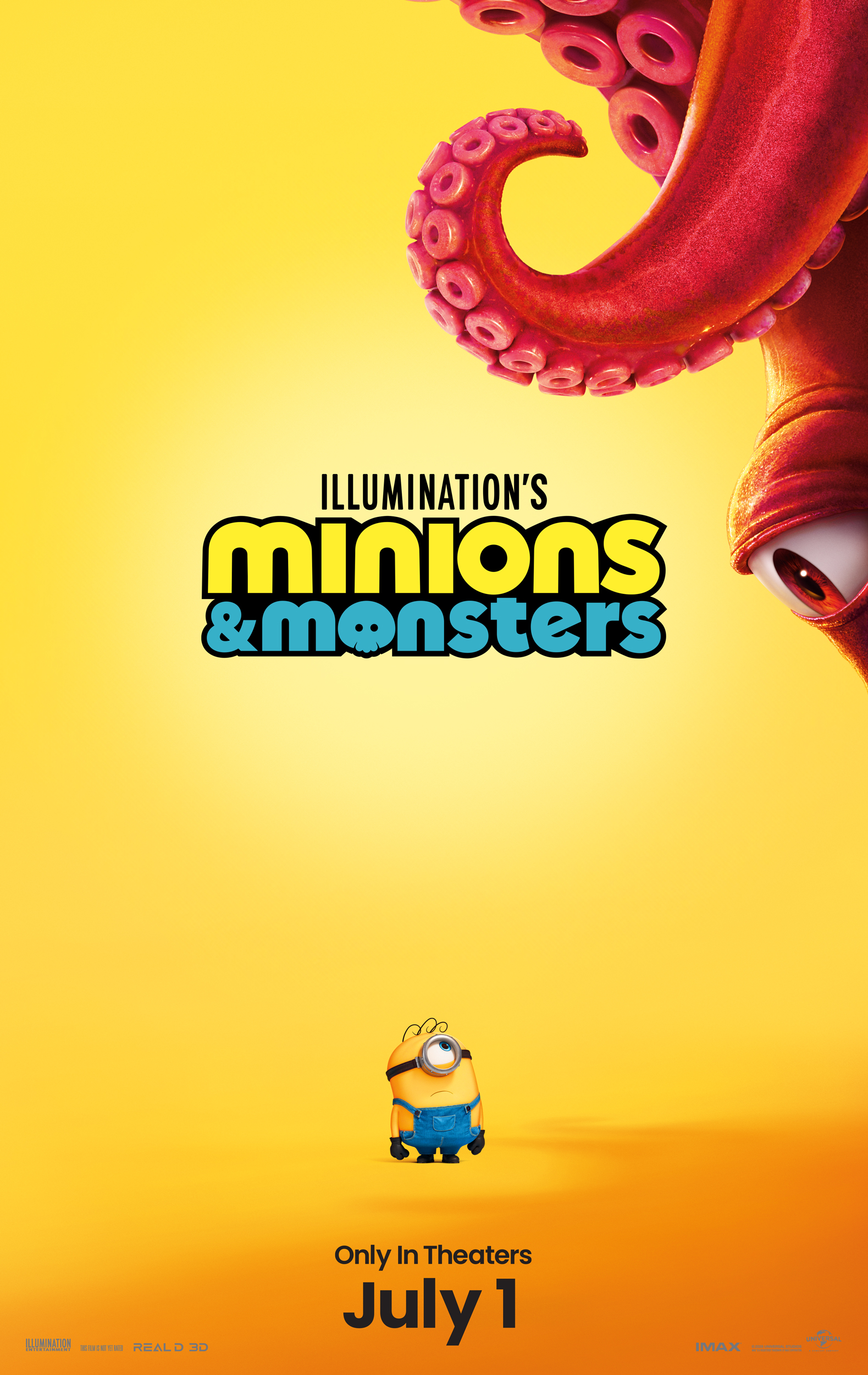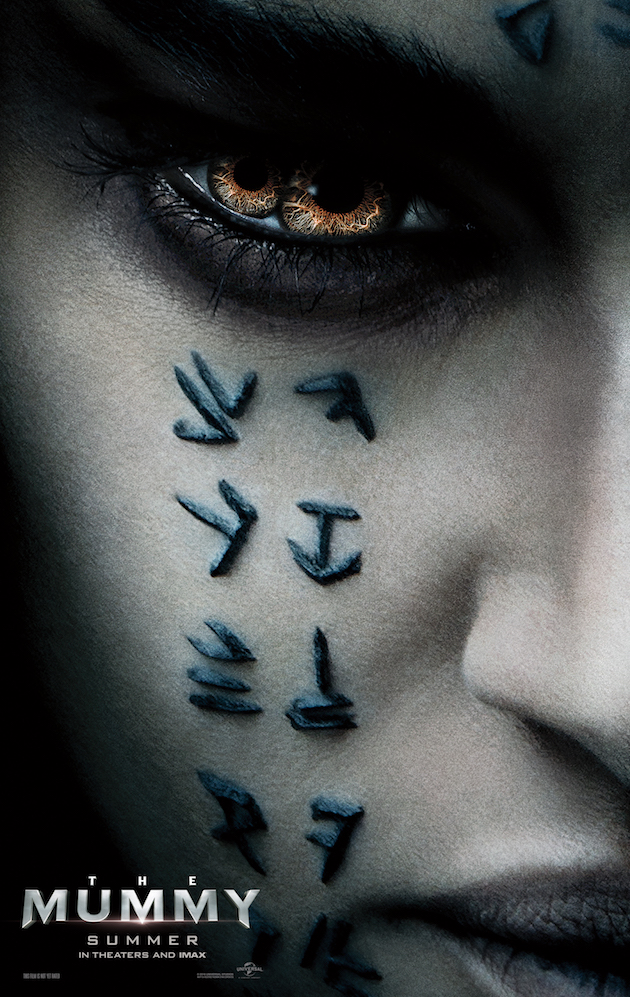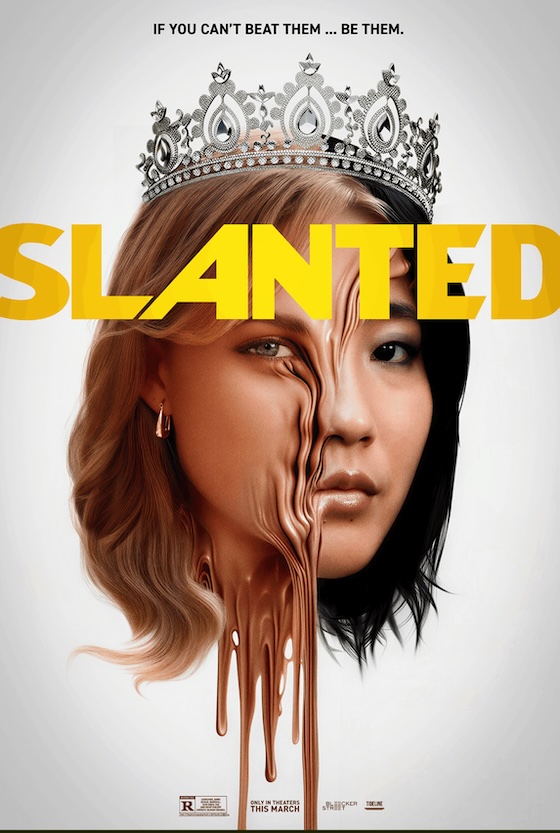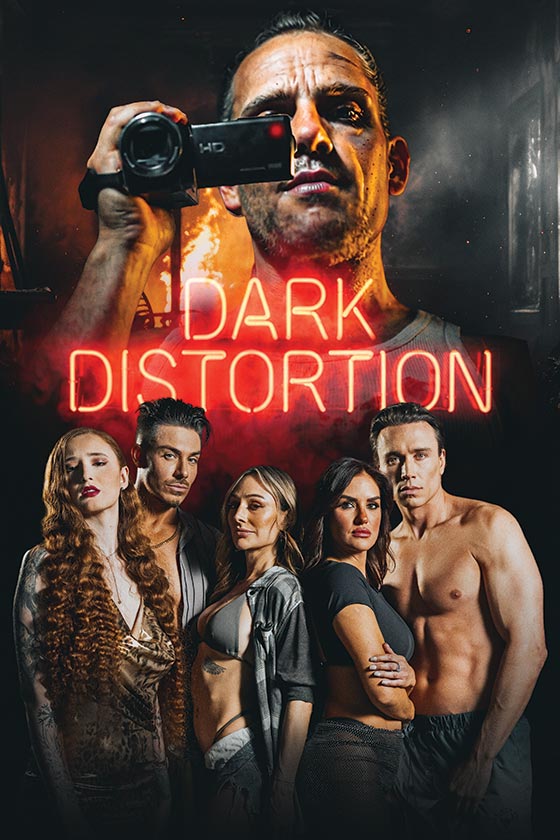{googleAds}
<div style="float:left">
<script type="text/javascript"><!--
google_ad_client = "pub-9764823118029583";
/* 125x125, created 12/10/07 */
google_ad_slot = "8167036710";
google_ad_width = 125;
google_ad_height = 125;
//-->
</script>
<script type="text/javascript"
src="http://pagead2.googlesyndication.com/pagead/show_ads.js">
</script></div>{/googleAds}You've heard the sports-related racial stereotypes a million times - â"White men can't jump" and â"Black people can't swim." But like Hoosiers showed the world that a handful of white boys from Indiana can play a damn near brilliant game of hoops, Pride - the latest installment in the underdog sports film genre - breaks the racial barrier, proving that with a little pride, determination and resilience, a group of inner-city teens can dive into the white-dominated world of swimming and emerge victorious. The question remains, however, whether this truly heart-warming and inspirational story, based on the extraordinary contributions of African-American coach Jim Ellis, can out-swim the heavy on-screen undertow of predictability.
If anyone knows a thing or two about overcoming adversity, it is Jim Ellis (Terrence Howard). A talented and competitive collegiate swimmer at the height of the Civil Rights Movement, Ellis faced the odiousness of racial discrimination each time he took his place as the only African-American upon the platform. Showered with disfavor by fans and the cause for protest by rival swimmers, Ellis's opportunity to shine in the water ultimately became shadowed by police intervention. Bruised but never beaten, Ellis pursued his studies, graduated with a Mathematics degree and left the South to pursue a teaching career in the City of Philadelphia.
Unfortunately however, the City hardly embraced Ellis with the brotherly love he expected. Rejected by the Mainline Academy's Superintendent (Tom Arnold) because of Ellis's presumed inability to â"communicate" with its predominantly white teens, a jobless Ellis had no choice but to take a temporary position with the less-than-glamorous Philadelphia Department of Recreation's (â"PDR") Marcus Foster Recreational Center. A dilapidated mecca for vandalism and illegal neighborhood dealings, the City Council (led by actress Kimberly Elise) scheduled the Rec Center to face the wrecking ball; it was now Ellis's job to pack up the halls before its demise.
But something happened within the empty walls of PDR; a scrub bucket, a hose, the smell of chlorine and one hell of a city water bill reunited Ellis with his former love - swimming. And when the outdoor basketball net was removed, leaving six teens with no other way to beat the dog days of summer, Ellis invited them to join him. Inspired by Ellis's speed, passion and unwavering faith in the potential of the forgotten inner city youth, they anchored Ellis's lead to become the inaugural PDR swim team; a team that would not only become a force to be reckoned with in the competitive world of swimming, but one that would breathe new, exciting life into a gasping community and more importantly, inspire Ellis.
Without question, Jim Ellis is a man to be admired; a motivator and mentor to many youth who thought they had neither the talent nor the chance to engage in athletic competition. He gave a community hope and most of all, a sense of pride. However, the revised Hollywood story lacks any of the passion burning within the Man it pays homage to. Instead, it falls prey to the David vs. Goliath formula that plagues most inspirational tales churned through the cinematic machine. In fact, you've seen it without even pressing play: Teacher/ Coach takes a position in the less desirable part of town in order to make a difference. He takes underprivileged kids under his wing, protects them from the evils lurking in the neighborhood, inspires his children for greatness, in return finds that they have taught him more than he could have ever offered them, and discovers a love interest in the process. Only this time it doesn't star Hilary Swank or Josh Lucas.
Instead, it is the charismatic and talented Howard (Hustle & Flow) who beautifully extends all that he possibly can to this role, but whose hands are tied by a tired and wholly predictable script. And with a whopping four writers credited to the screenplay (Kevin Michael Smith, Michael Gozzard, J. Mills Goodloe and Norman Vance, Jr.), it is a shame that more ingenuity had not flowed through the pen. As a result, Howard is forced to bring power and depth to such egregious cliches as â"the world isn't black and white," and â"when your legs get tired, let your heart do the rest."
Nevertheless, there is a scene in Pride where Howard's Ellis and the Rec's Head of Maintenance, Elston (played by a delightful Bernie Mac), chastise the kids for making a mockery of their program. It is obvious that their conversation is the perfect blend of chemistry and improvisation, and boy does it work effortlessly. If first time Director Sunu Gonera had allowed that natural dynamic to reshape this film, Pride could have been lifted from a moderately entertaining film, to unreachable heights. But the decision to merely offer one-dimensional teen characters, spew stereotypical racial and homosexual epithets, and overindulge in the unimaginative bad man vs. good man, black vs. white, privileged vs. impoverished cliches (not to mention miraculously have the first six kids he meets in Philly appear practically competitive-worthy from day one), regrettably forces this story to sink more often than it swims.
To Gonera's credit, however, he does capture the essence and style of the seventies with ease and infuses an O'Jays-dominated soundtrack that not only keeps the audience groovin', but poignantly chronicles the plight of its characters (e.g., Backstabbers, Love Train). He also intelligently opted to cast relatively unknown actors as PDR's swim team, allowing you to feel that these were, in fact, the unknown faces of Philly's roughest neighborhoods. Likewise, there are a select number of scenes in which the camera strikes the heart with an unexpected pang. In the opening scene, when Ellis is removed from the pool and the camera closes in on a police boot pressing against Howard's tear ridden face, it forces a quiet reflection from within. Undoubtedly, it is a powerful and defining moment in the film that not only surges a rally of hope, but one that remains with you even after the film has closed.
Then again, despite being proffered as a bio-pic â"based on true events," it is debatable just how true to life Pride and the aforementioned racially motivated scenes really are. When The Philadelphia Inquirer's Michael Klein posed the question of accuracy to the real Jim Ellis, he shot back, â"My name is." That being said, it is disheartening to think that the writers have potentially over-fictionalized a film-worthy life, fulfilling their own agendas rather than glorifying Ellis's truly unparalleled achievements both in and out of the pool.
Regardless of its shallow message, predictable course and questionably biographical content, Pride should be applauded and respected as an inspirational and powerful story, with an equally powerful performance by Howard, that humorously and lovingly glorifies the beauty and strength of the human spirit. And while it will never be revered as the greatest sports tale to grace the big screen, it takes pride in honoring, at a minimum, the perseverance and inner champion of Jim Ellis, a dedicated coach who literally changed the face of competitive swimming - one lap at a time.
DVD Details:
Screen formats: Widescreen 1.85:1
Subtitles: English; Spanish
Language and Sound: Closed Captioned; English: Dolby Digital 5.1; English: Dolby Digital 2.0 Stereo
Other Features: Color; interactive menus; scene access; deleted scenes; director's commentary.
* Commentaries:
o with director Sunu Gonera
* Deleted Scenes and Extended Sequences
* Music videos - a collection of musical montages
Number of discs: - 1- Keepcase packaging
{pgomakase}



































